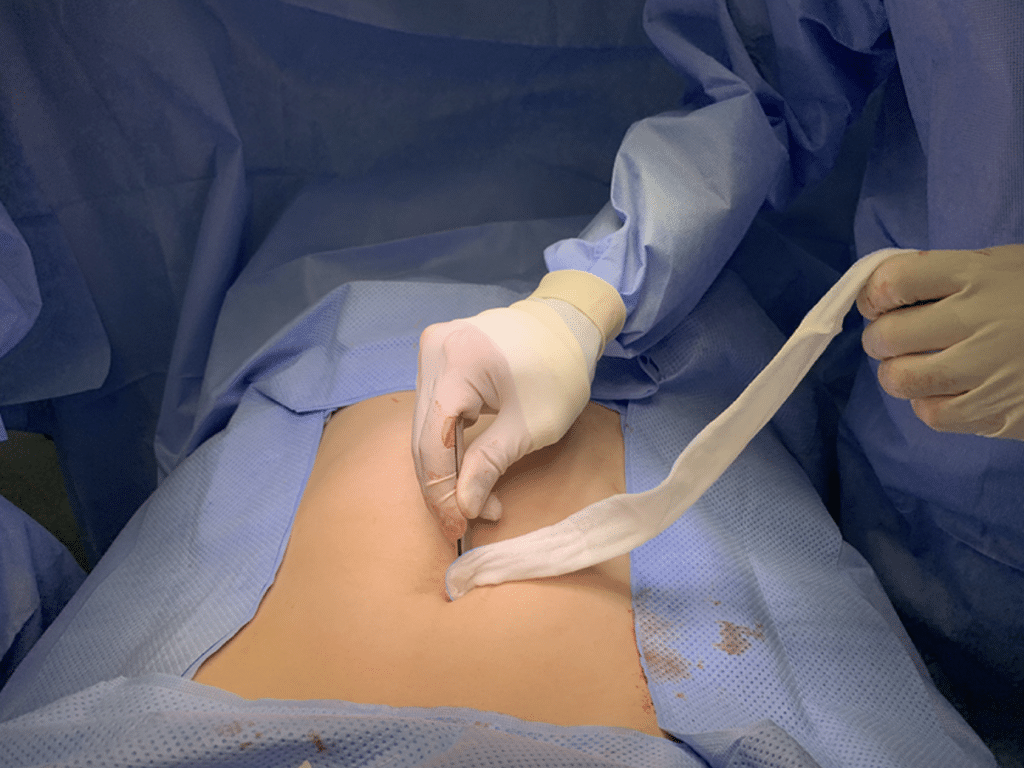Wound irrigation is a medical procedure that involves using a steady flow of a solution to cleanse and remove debris, bacteria, and dead tissue from a wound. This process is vital in wound management as it helps reduce the risk of infection and promotes optimal healing conditions. By ensuring that the wound is free from contaminants and any potential obstructions, irrigation helps set the foundation for the body’s natural healing processes to work effectively. The technique requires specific pressure to ensure thorough cleaning without causing further damage to the wound or surrounding tissues.
When To Use Wound Irrigation
Wound irrigation is typically employed shortly after an injury occurs and periodically throughout the wound care process. It’s particularly crucial for open wounds that have been contaminated by dirt, debris, or other foreign materials. Examples include abrasions, lacerations, puncture wounds, or any injury where there’s a risk of external contaminants. Medical professionals also utilize wound irrigation during surgical procedures to clean surgical incisions. Additionally, if a wound shows signs of infection or delayed healing, irrigation may be recommended to aid in the removal of pus, dead tissue, or other impediments to the healing process.
Wound Irrigation Products
Several products are available in the market specifically designed for wound irrigation. The primary component is the irrigation solution, which often consists of sterile saline or an antiseptic solution. Sterile saline is preferred for its gentle and non-irritating properties. In situations where a higher level of disinfection is needed, solutions containing antiseptics like hydrogen peroxide or iodine might be used, but caution is required as some antiseptics can be cytotoxic (harmful to cells) and impede wound healing. Apart from solutions, specialized syringes or irrigation systems are utilized to deliver the liquid with appropriate pressure. Soft squeeze bottles with a pointed spout can also be effective. It’s essential to ensure that all products used for wound irrigation are sterile to prevent the introduction of new contaminants.
Choosing a Wound Irrigation Product
Selecting the right wound irrigation product is paramount for effective wound management and optimal healing outcomes. When deciding on a product, consider the type and severity of the wound, any potential sensitivities or allergies the patient might have, and the intended purpose, whether for initial cleaning or ongoing wound maintenance. Sterile saline solution is often the go-to choice, given its non-irritating nature and suitability for most wound types. However, in cases requiring a deeper cleanse or antimicrobial action, an antiseptic solution might be more appropriate. Always prioritize products that are sterile to prevent the introduction of contaminants. Additionally, the delivery mechanism, such as syringes or soft squeeze bottles, should allow for controlled pressure to ensure thorough cleaning without causing trauma to the wound. Consulting with healthcare professionals and reviewing product specifications can further guide your choice towards the most suitable irrigation product.
About Sanara Medtech
Sanara Medtech, at the forefront of medical innovation, specializes in providing high-caliber wound care products tailored to the ever-evolving needs of healthcare practitioners and patients alike. Recognized for its unwavering commitment to excellence, Sanara Medtech combines rigorous research, advanced technology, and evidence-based practices to develop products that are both effective and safe. Through collaborative efforts with medical professionals, the company ensures that its offerings remain aligned with the latest in wound care advancements. By championing a patient-centric approach, Sanara Medtech continually aims to elevate the standard of wound care and facilitate optimal healing outcomes for individuals across the globe.
Angela Spearman is a journalist at EzineMark who enjoys writing about the latest trending technology and business news.
